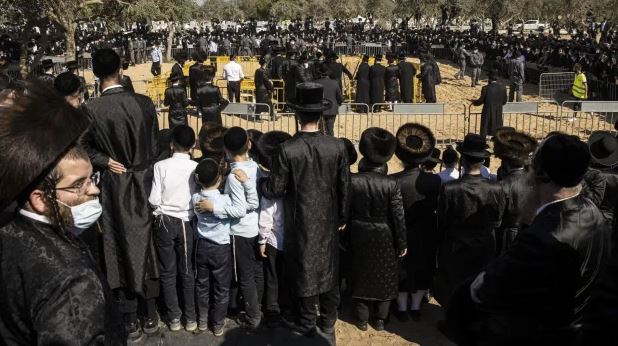Benjamin Netanyahu, Israel’s prime minister, is an avid reader of history and the son of one of Israel’s great historians. So he likely understands that, if the past is any guide, his long political career has perhaps never been more imperiled.
In the aftermath of the 1973 Yom Kippur War, in which Israel suffered devastating losses, thousands of Israelis took to the streets to express outrage at their leaders’ deadly incompetence. Prime Minister Golda Meir’s government appointed the Agranat Commission. Its initial report, released in April 1974, called for the dismissal of several of Israel’s top generals but did not hold Meir accountable.
But the protests did not subside, and by the end of the month she had resigned, ending her political career.
In September 1982, during Israel’s first Lebanon war, Israeli soldiers allowed some 200 armed Christian Phalangists to enter the Sabra and Shatila refugee camps, where over two days the Phalangists massacred at least 700 largely unarmed Muslim men, women and children.
Israelis once again protested by the thousands. Prime Minister Menachem Begin appointed the Kahan Commission to investigate. In February 1983, though the commission recommended that Defence Minister Ariel Sharon resign, it largely absolved Begin.
But that, too, proved irrelevant. By August, Begin had resigned, and went into seclusion for the last decade of his life.
Which brings us to Netanyahu. In March, the prime minister warned the country that it needed to behave as if Israel was at war with the coronavirus. In May, he boasted that his effort against COVID –19 was “a great success story.”
Read the article by Daniel Gordis in the Australian Financial Review.

